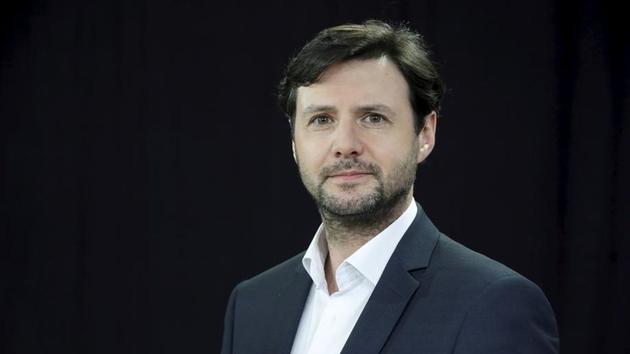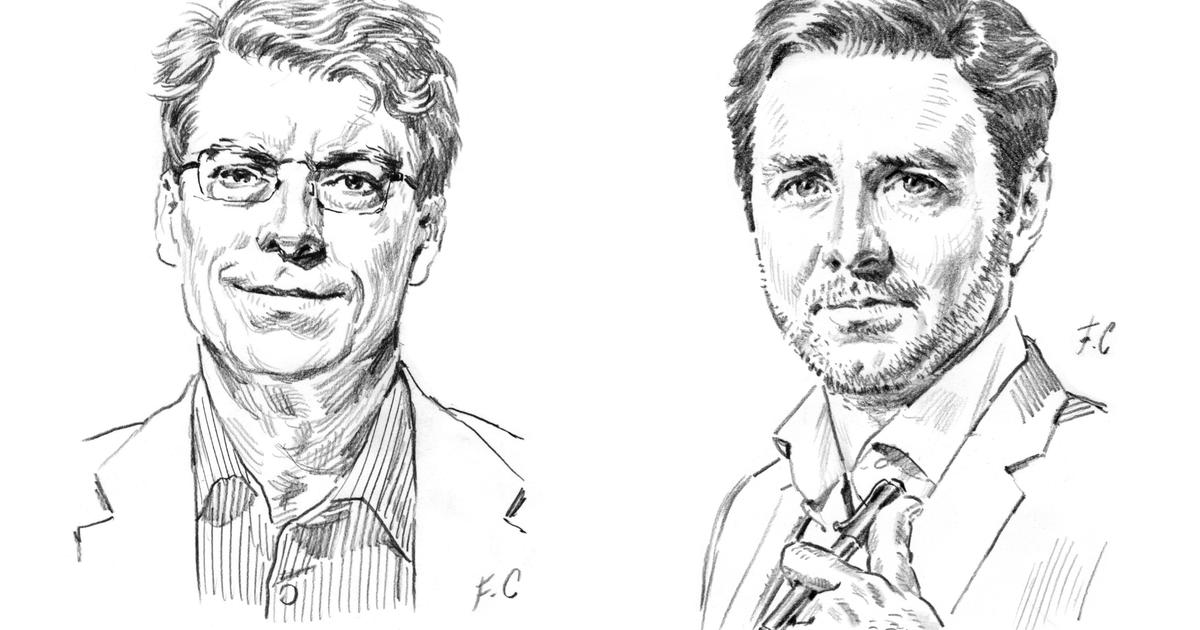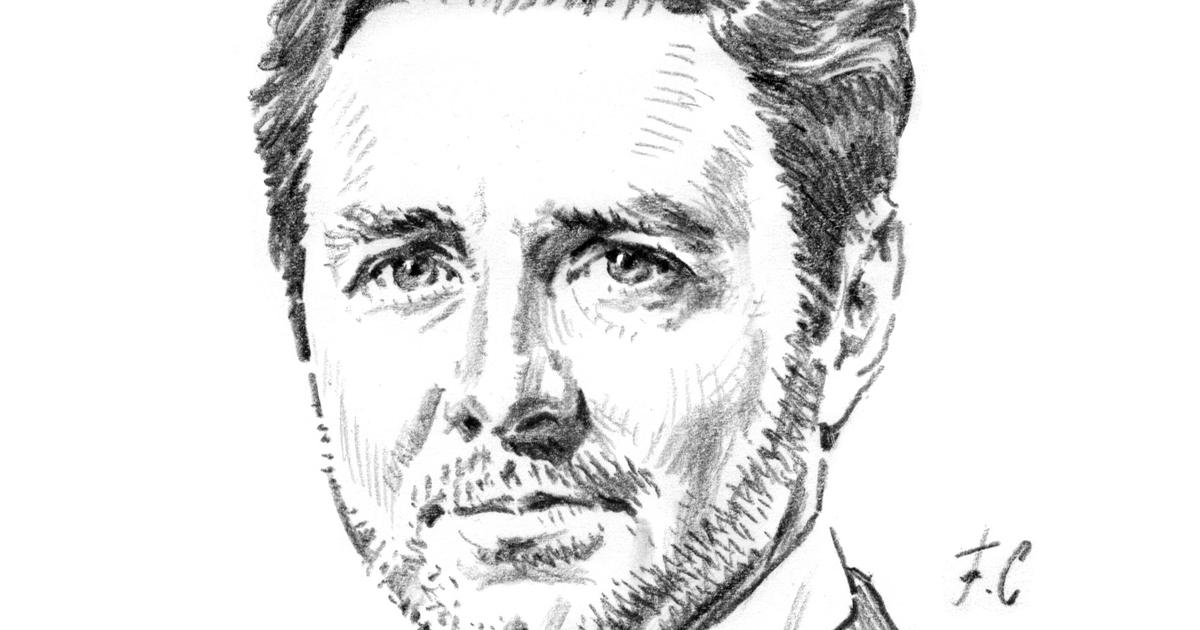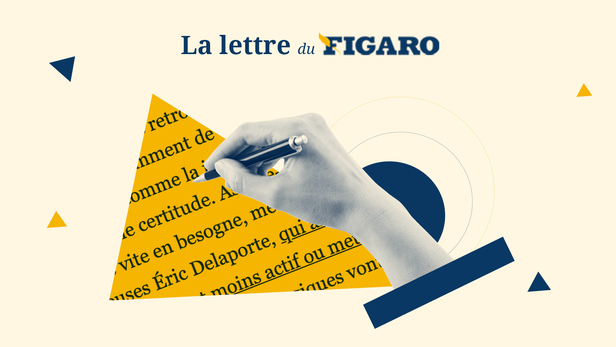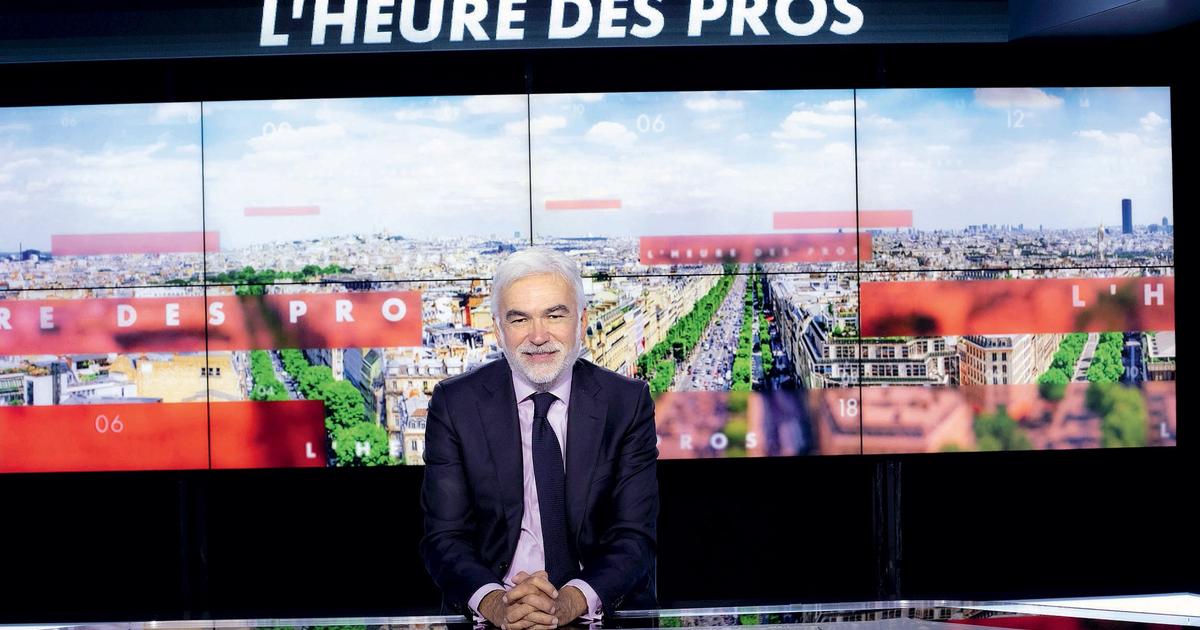Each week, Olivier Babeau decrypts the spirit of the times for FigaroVox. He is president of the think-tank Institut Sapiens and, moreover, professor of management sciences at the University of Bordeaux. He recently published Praise of Hypocrisy (Éditions du Cerf, 2018).
If victory, as we know, has a hundred fathers, the crisis has a thousand prophets. Each current of thought claims to find in current events the confirmation of its theories and the advent of its predictions. But we are missing the truly remarkable fact of the epidemic.
Each current of thought claims to find in current events the confirmation of its theories.The protesters of capitalism immediately denounced this system which, by promoting trade, accelerates the spread of miasma. The same generally took advantage of it to try once again to instruct the trial of liberalism. Some, without fear of ridicule, see it as an ultimatum of outraged nature. Man, according to other versions, would suffer a kind of just punishment for his productivist hubris. Religious leaders make the coronavirus a punishment for "fornication and adultery," and even, like Jehovah's Witnesses, the beginning of the apocalypse. The nationalists rejoice and hope for a lasting closure of the borders accompanied by a withdrawal. State representatives, such as Bruno Le Maire, see it as a call " for a redefinition of the borders between the State and the market " which knows which way it will go: ever more regulations and decisions confiscated by a technocracy which was not distinguished by its ability to anticipate the crisis.
Let's look at the facts, however, beyond the terrible magnifying glass that magnifies the current drama. Even if it continues to spread, the COVID-19 epidemic is nothing new. It is even very far from equaling in power the episodes whose history keeps track. The plague virus, which appeared 20,000 years ago, has regularly wreaked havoc. In Athens, in the fifth century BC, half of the Athenians, including Pericles himself, died. During the siege of Constantinople in the sixth century AD, there were 10,000 deaths a day. Emperor Justinian did not survive it. The black plague in the 14th century killed 25 million people in Europe, or one inhabitant in three. The equivalent of two billion deaths in our world today. The plague, again, destroyed more than 40% of the population of Marseille in 1720. In 1849, at the heart of the Industrial Revolution, an epidemic of cholera killed 14,000 people in London. Between 1918 and 1919, the so-called Spanish flu would have killed 100 million people. The coronavirus does not play in the big leagues.
What is new is not the disease, but the way we look at it.What is new is not the disease, but the way we look at it. Or more precisely, the importance that the lives lost to us take on. Human life was erected only very late as a priority by civilizations.
For centuries, the salvation of the soul was, for example, considered to be much more important than human life. We willingly sacrificed the latter by imagining favoring the former. There was, moreover, no rational means of combating the disease. At other times, we have without hesitation put political stability or the preservation of a nation before millions of lives: this is the meaning of the increasingly deadly wars that have raged on, let's say, Napoleonic campaigns, when the war no longer concerned only professional soldiers but all men of military age. Then in the 20th century, with Nazism and Communism, millions of our fellow men were murdered in the name of an ideological system.
The real good news of the pandemic is that for the first time in human history, life is the ultimate value.Now, and in all countries, the priority objective is to minimize the number of victims, whatever the cost. If the epidemic marks a first, it is by the priority that is assigned to it. No one would have thought of stopping the economy for so little in the past. Compared to the number of dead, the sacrifice made today is unheard of. Those who deplore over time a materialist society which would have the veneration of money have the brilliant proof that the economy has on the contrary without hesitation scuttled to save a relatively small number (I insist on this word) low of lives . Never in our history has human existence been placed at such a high price. The real good news of the pandemic is that for the first time in human history, life is the ultimate value. If, as we often say, the value of a civilization is judged by the way it treats the weakest among its own, we have in a sense what to rejoice.

